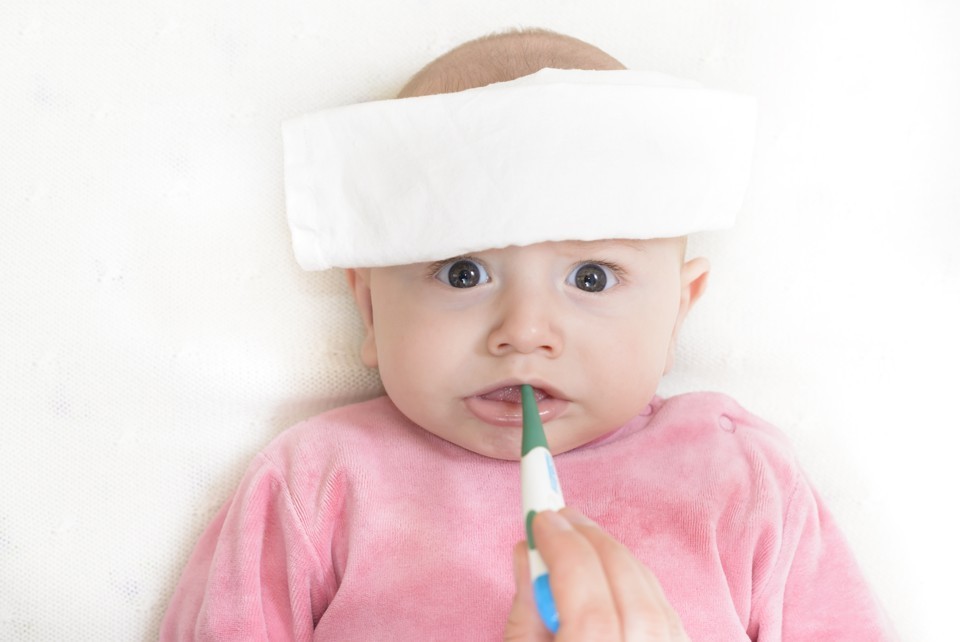
A temporary increase in body temperature is called as fever, it is often due to an illness. Having a fever is a sign that something out of the ordinary is going on in your body.
Fevers generally go away within a few days. Numbers of medications are used to lower the fever, but sometimes it's better left untreated. Fever seems to play a key role in helping your body fight off a number of infections.
Types of fever: Fever can be classified as
Symptoms:
Causes:
· A virus
· A bacterial infection
· Heat exhaustion
· Certain inflammatory conditions such as rheumatoid arthritis inflammation of the lining of joints (synovium)
· A malignant tumor
· Some medications, such as antibiotics and drugs used to treat high blood pressure or seizures
· Causes due to some immunizations, such as the tetanus, diphtheria and acellular pertussis (DTaP) or pneumococcal vaccine
Complications: Children between the ages of 6 months and 5 years may experience fever-induced convulsions (febrile seizures), which usually involve loss of consciousness and shaking of limbs on both sides of the body.
Preventions: You may be able to prevent fevers by reducing exposure to infectious diseases. Here are some tips that can help:
· Wash your hands often and teach your children to do the same, especially before eating, after using the toilet, after spending time in a crowd or around someone who's sick, after petting animals, and during travel on public transportation.
· Show your children how to wash their hands thoroughly, covering both the front and back of each hand with soap and rinsing completely under running water.
· Carry hand sanitizer with you for times when you don't have access to soap and water.
· Try to avoid touching your nose, mouth or eyes, as these are the main ways that viruses and bacteria can enter your body and cause infection.
· Cover your mouth when you cough and your nose when you sneeze, and teach your children to do likewise. Whenever possible, turn away from others when coughing or sneezing to avoid passing germs along to them.
· Avoid sharing cups, water bottles and utensils with your child or children.
Diagnosis:
· Ask questions about your symptoms and medical history
· Perform a physical exam
· Order tests, such as blood tests or a chest X-ray, as needed, based on your medical history and physical exam
Treatment:
Medications: Doctor may recommend an over-the-counter medication, such as ibuprofen or acetaminophen in the case of a low fever, or a high fever that's causing discomfort.
Use these medications according to the label instructions or as recommended by your doctor. Be careful to avoid taking too much. Aspirin may develops Reye's syndrome in children, because it may trigger a rare, but potentially fatal. Don't give.
An antibiotic may also be prescribed for fever, especially if he or she suspects a bacterial infection, such as pneumonia or strep throat.
In babies this young, a fever could indicate a serious infection that requires intravenous (IV) medications and round-the-clock monitoring. For infants, especially those younger than 28 days, your baby might need to be admitted to the hospital for testing and treatment.
temperature, fever, illness, body.